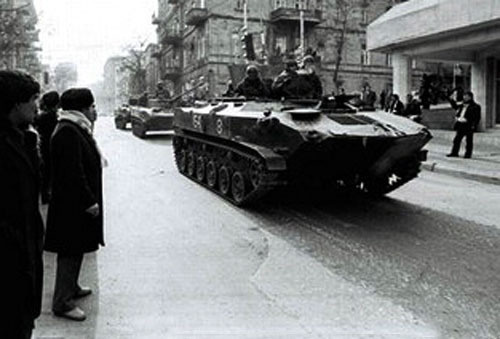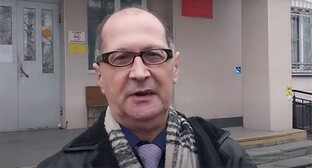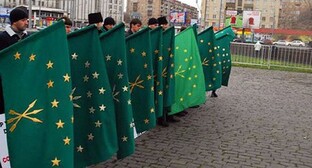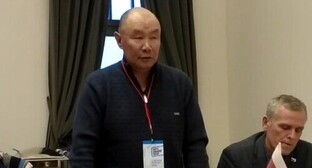
15 January 2010, 23:00
Karabakh and Azerbaijani historians differently view Armenian pogroms in Baku in 1990
Armenian pogroms in Baku in January 1990 are among most convincing arguments of impossibility for Nagorno-Karabakh to be a part of Azerbaijan. This is stated in the comment of the press service of the Ministry of Foreign Affairs of Nagorno-Karabakh on the 20th anniversary of these events, which deserve, in the opinion of Irina Grigoryan, head of the Stepanakert Resource Centre, their official estimation. Azerbaijanis believe that Armenian pogroms in Baku were provoked by Soviet special agencies.
As assessed by the Human Rights Watch, 48 Armenians were lost 20 years ago in Baku. According to Robert Kushen, rapporteur of this organization, "the pogroms were not completely (or, probably, not at all) spontaneous, as the pogromists had lists of Armenians and their addresses."
Journalist Tom de Vaal, author of the book on the Karabakh conflict "Black Garden", gives the figure of 90 persons perished.
Azerbaijani historian Arif Yunusov believes that as a result of pogroms in Baku 66 Armenians and 2 Azerbaijanis were lost. Twenty more Armenians, according to the Armenian press, later died from wounds in Yerevan hospitals. About 300 Armenians were wounded.
Armenian sources insist that there were more casualties - some 150-300 persons.
"The pogroms of the Armenian population in Baku in January 1990 were among other tragic pogroms of the Armenian nation, committed repeatedly in the newest history. In Baku, it was a continuation of the Armenians' genocide launched in the Eastern Transcaucasia and Ottoman Turkey in the beginning of the 20th century," Alexander Manasyan, a political scientist, Doctor of Philosophy and Professor of the Yerevan State University, believes.
Ashot Beglaryan, a writer and a Karabakh War veteran, believes that 1990 pogroms in Baku were manifestations of Armenia-phobia.
The Ministry of Foreign Affairs of Nagorno-Karabakh has marked, in the context of the anniversary, that pogroms in Baku had become a direct and logic continuation of the events in February 1988 in another Azerbaijani city - Sumgait.
Towards the 20th anniversary of Armenian pogroms in Baku, the network of the civil society "Refugees and International Law" made a statement, moving a demand, in particular, to authorities of Armenia and Nagorno-Karabakh to stick, in the course of all negotiations, official and informal contacts, to the position that "Nagorno-Karabakh was violently attached to the Azerbaijani SSR."
The authors of the statement impose responsibility for 1990 events not only on the authorities of the Azerbaijani Republic, but also on the Azerbaijani people.
Let us note here that people in Azerbaijan believe that Armenian pogroms in Baku in January 1990 were provoked by Soviet special agencies with the aim to justify their retaliatory actions to suppress the national-democratic movement in Azerbaijan. This opinion was expressed by Tofig Tyurkel, one of the activists of the national-democratic movement of Azerbaijan of late 1980s-early 1990s and nowadays an expert of the independent news agency "Turan", in his conversation with the "Caucasian Knot" correspondent.
Author: Alvard Grigoryan; Faik Medzhid Source: CK correspondents




